Immerse your students in high, medium and low modality words with this set of 56 word wall cards.
Explore High, Medium and Low Modality Words
Modality is used to indicate the degree to which something is certain, possible or improbable. In persuasive writing, modal language plays a crucial role in influencing the reader’s perception and encouraging them to adopt the writer’s point of view. For this reason, high modality words should be included as much as possible!
This detailed word wall display containing high modality words, medium modality words and low modality words makes the perfect addition to your classroom bulletin board during your persuasive writing unit. It contains headings for each type of modality (high, medium and low) and a definition of each. It also contains numerous examples of each type of modality.
- High modality words – High modality is when something is obvious, certain, definite, sure or complete.
- Medium modality words – Medium modality is when something is possible, probable or likely.
- Low modality words — Low modality is when something is improbable, doubtful, unlikely, unclear or unsure.
Words included in this modality word wall display are: would, is, must, have to, will not, will always, never, absolutely, clearly, definitely, undoubtedly, certainly, obviously, positively, may, might not, might, ought, maybe, sometimes, rarely, chance, slight possibility, occasionally, not sure, certainty, definite, certain, essential, clear, necessary, complete, absolute, probably, tends to, should, often, regularly, majority, unlikely, frequently, likely, probable, usually, couldn’t, could, can, possibility, possibly, possible, doubtful, unsure, high possibility, probability and low probability.
This resource downloads as either a full-colour, printable PDF or an editable Google Slides file. Both versions include additional word cards should you wish to add more modality words to your classroom word wall.
Activity Ideas for These Modality Word Wall Cards
This set of high modality, medium modality and low modality word cards can be a great resource for diverse classroom activities. Here are some activity ideas for using these word wall cards:
- Modality Sort – Bring the class together on the carpet. As a class, categorise the word cards into high, medium and low modality groups. Discuss any disagreements as a class, having the students provide justification for their groupings.
- Sentence Writing – Choose a mix of high, medium and low modality words from the word wall. Challenge students to create sentences using a combination of these words. Encourage creativity, but ensure that the sentences make sense!
- High, Medium or Low? – Assign areas of the classroom as high, medium or low modality. Choose a modality word from the resource, e.g. must. Have the students move to the area of the classroom with the corresponding level of modality.
Download to Display Modal Words in Your Classroom
Use the dropdown menu on the Download button to select your preferred version of this resource.
Print the resource on cardboard for added durability. Cut out the components and display them on your classroom bulletin board during your persuasive writing unit!
More Great Resources for Exploring Modal Words
Looking for more resources to use when exploring modal words with your students? Click below for some great suggestions from our teacher team!
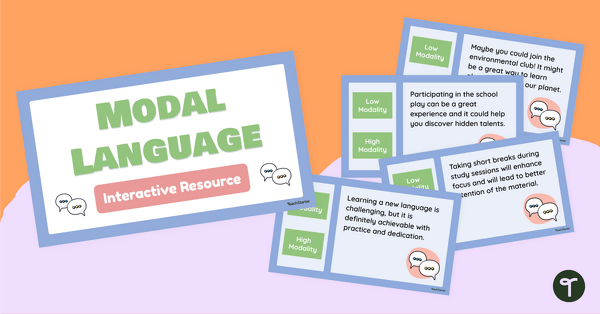
teaching resource
Modal Language Interactive Activity
Explore the language of modality with your students using this digital game perfect for your persuasive writing lessons.
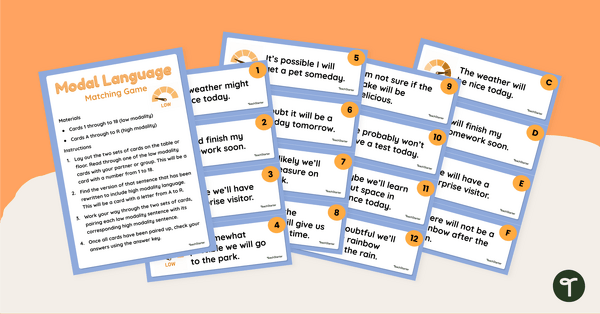
teaching resource
Modal Language Matching Activity
Have students explore high modality and low modality language with this matching game to use during your persuasive writing unit.
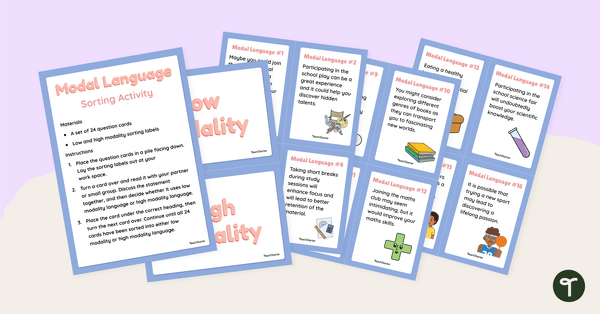
teaching resource
Modal Language Sorting Activity
Explore examples of modal language with your students using this set of 24 sorting cards perfect for your persuasive writing unit.
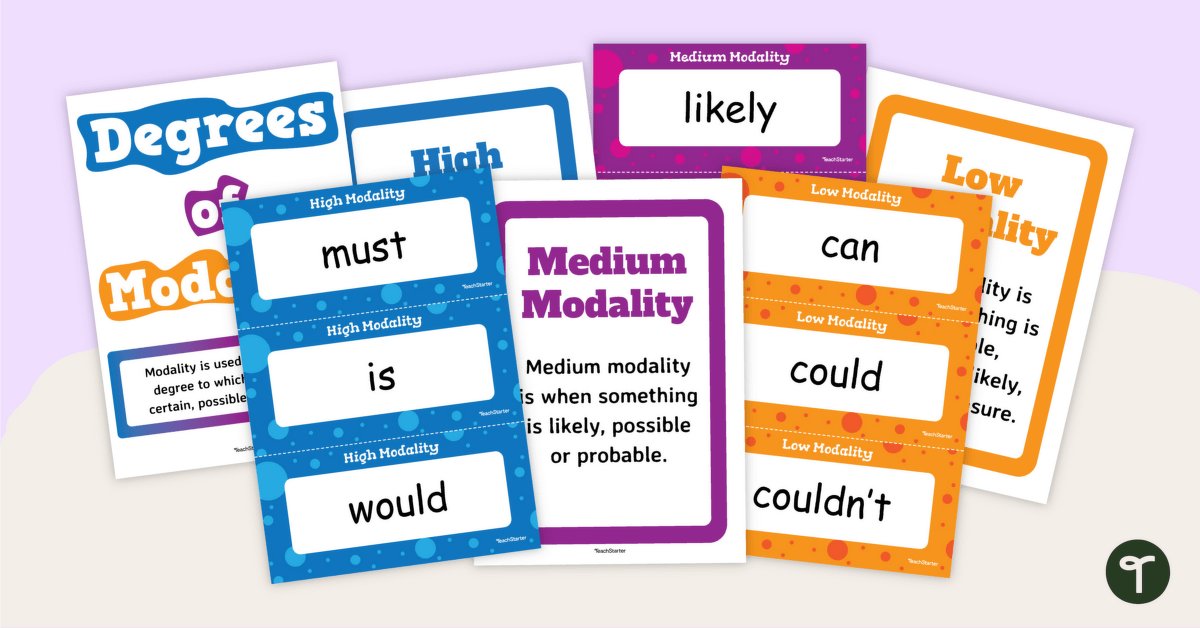

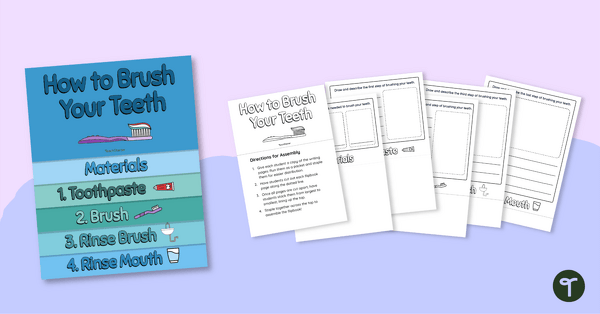
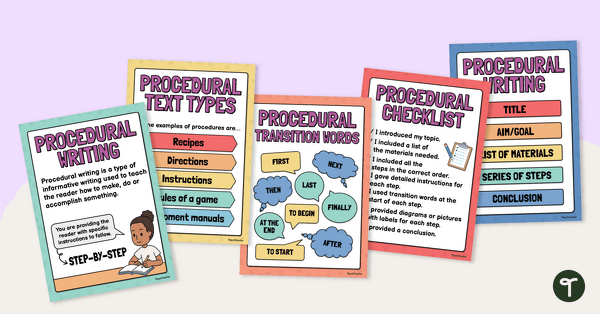
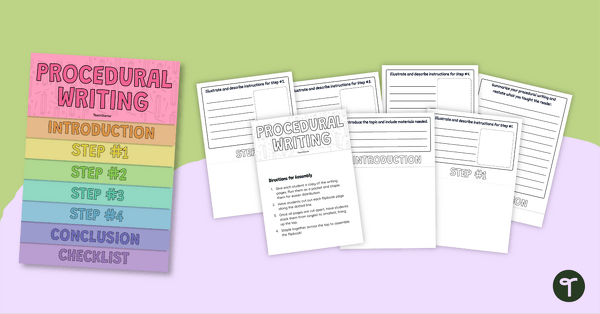
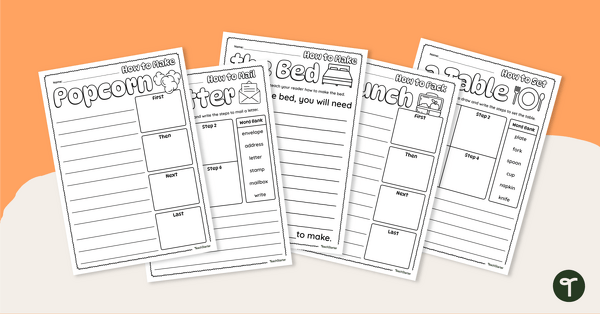
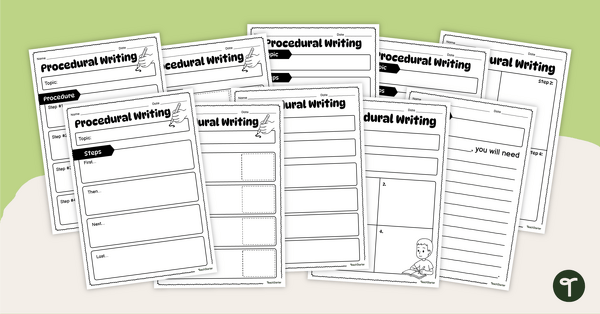
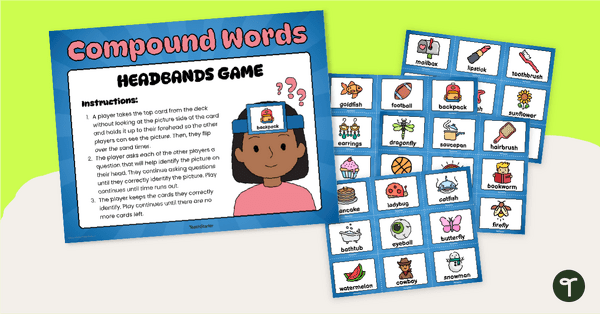
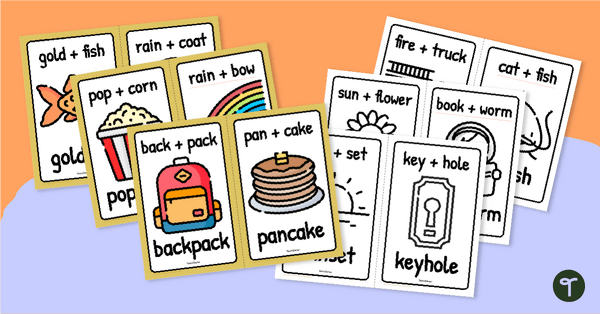
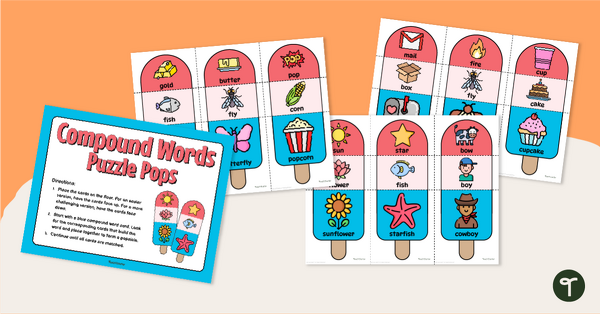
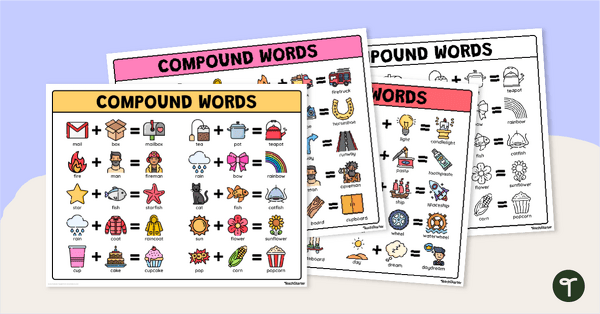
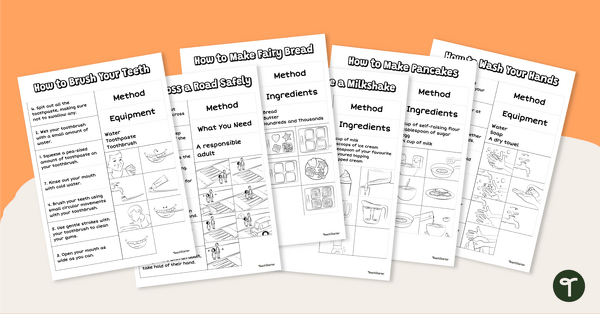
9 Comments
Write a review to help other teachers and parents like yourself. If you'd like to request a change to this resource, or report an error, select the corresponding tab above.
No comments yet.